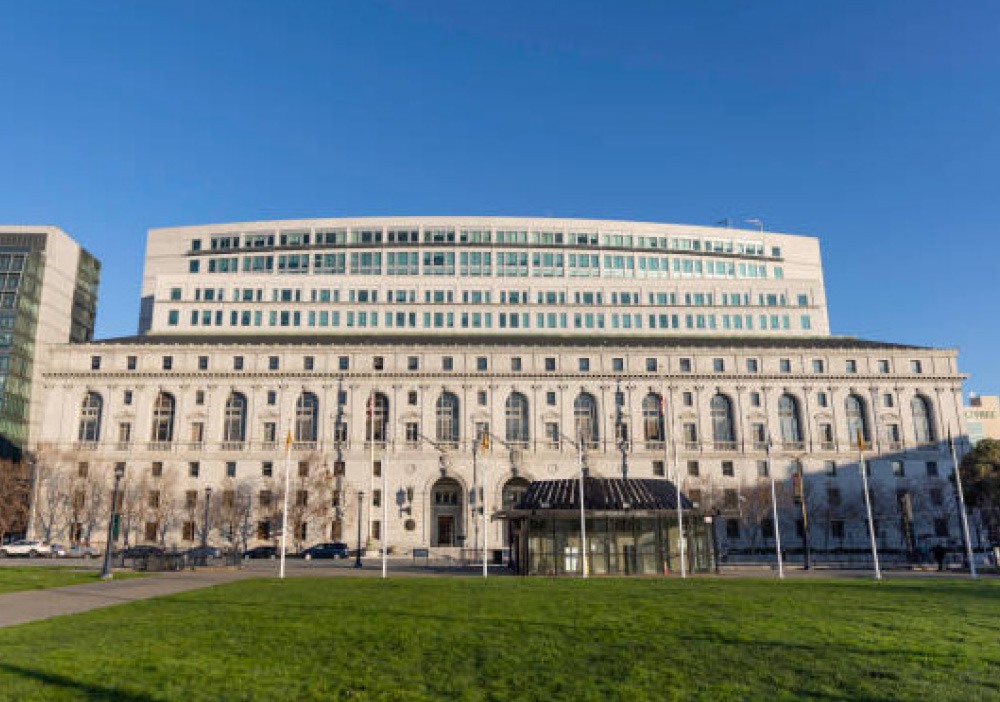
The Legislature and Governor asked the Supreme Court to block the TPA from the ballot because the TPA’s proposed constitutional changes were too significant to be enacted through the initiative process. CSBA’s Education Legal Alliance (ELA) filed an amicus brief in support. In a significant victory, the Court agreed, finding that the TPA’s sweeping changes could not be enacted by ballot initiative, which requires only a majority vote of the electorate. Instead, the TPA’s changes could only be enacted through the more demanding procedures required for a constitutional revision — such as a constitutional convention followed by voter ratification. As a result, the Court ordered the TPA excluded from the ballot.
Additional information about the case can be found below.
In Weber, the Court analyzed whether the initiative process could be used to enact the TPA’s constitutional changes. Specifically, the initiative process may only be used to amend the California Constitution; initiatives cannot be used to revise the Constitution. While these two terms may seem similar, they are legally distinct. Permissible “amendments” are modifications to the Constitution that do not result in changes to foundational governmental processes or powers. Conversely, prohibited “revisions” are constitutional changes that fundamentally change California’s basic governmental framework.
- Changes to legislative authority. The TPA amended the Constitution to require voter approval before any new tax could be enacted, even taxes needed for emergency or urgent purposes. The TPA also required the Legislature to identify how the proceeds from any tax would be spent. If the Legislature wished to deviate from the stated spending plan, it would be required to approve the deviation by a two-thirds vote, which would then be submitted to voters for approval.
In its decision, the Court repeatedly emphasized the Legislature’s inherent and essential authority to enact new taxes, particularly in time-sensitive circumstances. And, although the Court recognized that some restrictions on this taxing authority had been previously enacted via initiative, the Court found that the TPA went significantly further, by effectively transferring the power to tax from the Legislature to the voters. This was a substantial departure from California’s representative systems of governance, and the Court therefore concluded that the TPA was an impermissible constitutional revision that could not be enacted through the initiative process.
- Changes to governmental balance. The TPA amended the Constitution to require the Legislature to authorize any change in “state law” — defined broadly to encompass almost any state governmental action — that resulted in a new or higher tax or charge. This would have required the Legislature to approve even basic fees set by state administrative agencies. The TPA also significantly expanded the types of fees or charges subject to California’s referendum process, including fees for basic services.
The Court found that these changes removed the ability of the Legislature to delegate statutory enforcement or duties to administrative agencies operated by the executive branch. Eliminating this basic function would effectively reshape California’s government, resulting in an enormous legislative burden and interfering with the provision of government services through state administrative agencies. The Court found that these changes, too, could not be enacted by initiative.
- Changes to local control. The TPA made similar changes for local governments, including school districts and county offices of education, which were the primary focus of the ELA’s briefing. In addition to rendering most local fines, fees and taxes subject to the referendum process, the TPA would have required voter approval before local governments could enact most new taxes, fees or charges of any kind. Moreover, even charges exempt from this requirement would require the corresponding legislative body to formally authorize and justify each charge, rather than delegating the collection or imposition of that fee to a local agency executive. This would be true even for fees that are statutorily authorized, such as those for student field trips or the Civic Center Act.
The Court found that these changes severely curtailed the well-established ability of local governments to delegate their decision-making authority to local executives. The resulting interference in government services and revenue collection was enough to change California’s basic governmental structure and render the TPA a constitutional revision ineligible for the initiative process.